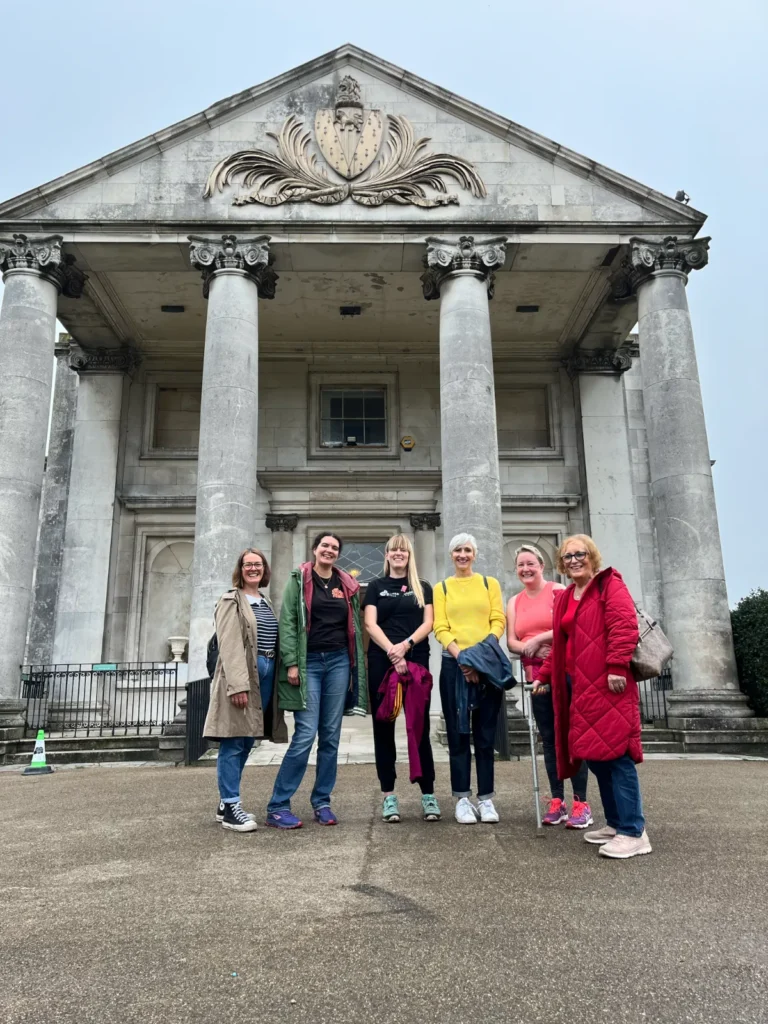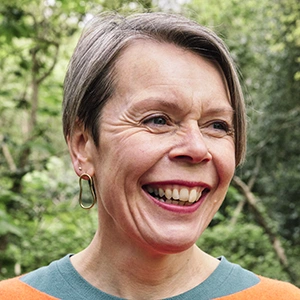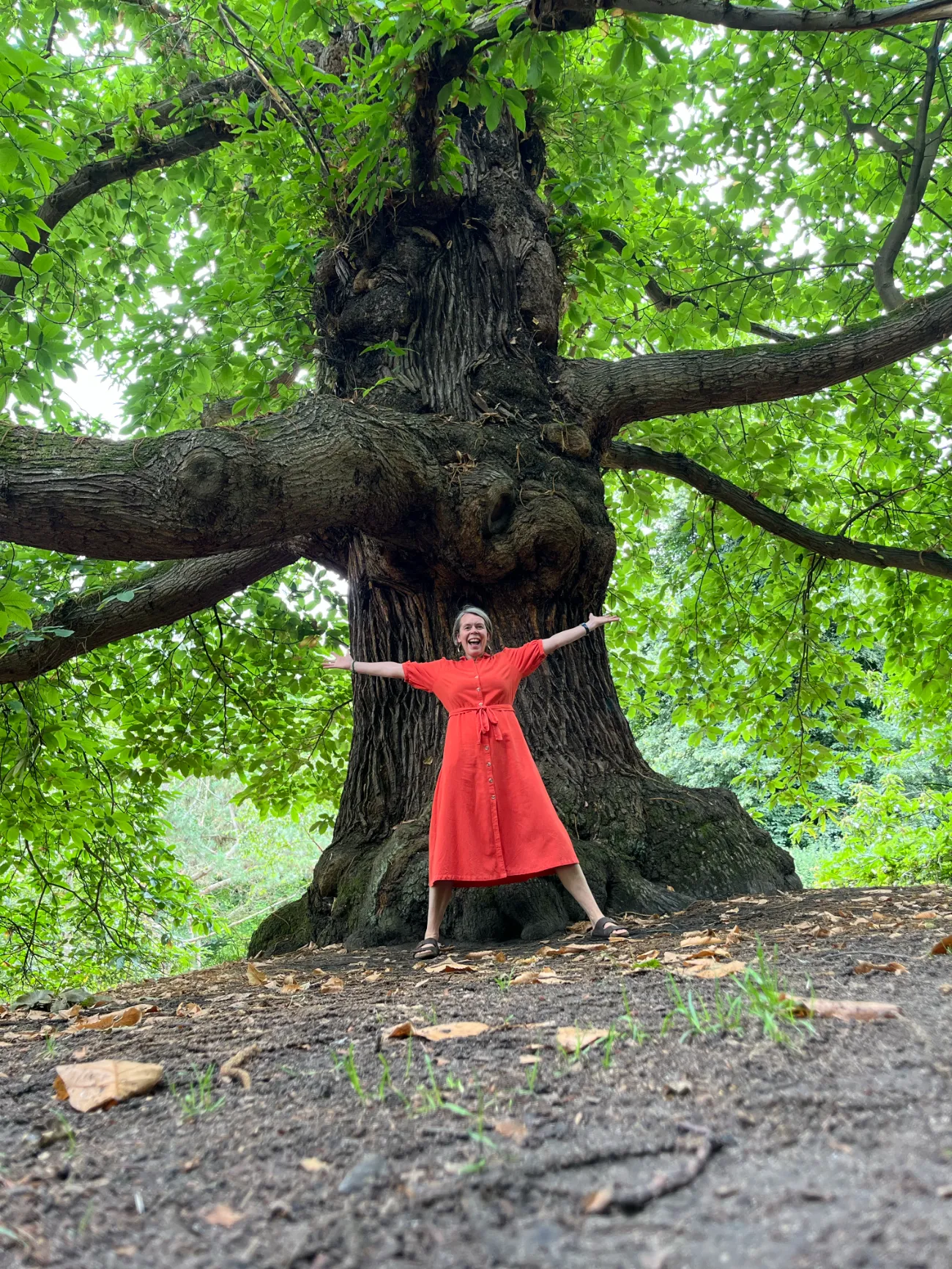I’m excited to be launching a new series of coaching walks and online reflection sessions in January – a space to reflect, reconnect, and explore your strengths while walking outdoors and talking online.
Nature gives us perspective, helps us slow down, and notice what’s working in our lives, even when things feel challenging.
If you’d like to stay updated, join my mailing list here.
When confidence wobbles
We all experience moments in our work when progress slows, projects fail to take off, or that familiar voice (argh!) of self-doubt pipes up again. Confidence dips, and we start questioning our abilities and decisions.
But what if rebuilding confidence isn’t about fixing what’s wrong, but noticing what’s right?
Why we focus on the negative
Our brains are wired to spot danger – a survival instinct that kept our ancestors alive. Psychologists call this negativity bias: our tendency to notice problems, mistakes, or weaknesses far more readily than what’s going well. Read more here: Positive Psychology: Negativity Bias.
When reflecting on your career – especially after a setback or during changes – your mind naturally hones in on what doesn’t work. You spot the mistakes rather than the momentum. You may have had a work appraisal where you’ve been given several pieces of positive feedback. But the piece you remember first? – it’s the one negative.
It’s half of the story.
How strengths rebuild confidence
A strengths-based approach helps balance the negativity bias – the other (better!) half of the story. It’s not about ignoring weaknesses, but recognising what’s already working well, and that’s within you – and applying it intentionally.
By actively identifying activities and tasks that we do well, that energise and fulfil us, and come naturally, we’ll notice clues to our strengths. These innate characteristics when used well are our USPs (unique selling points), and contribute to rebuilding ourselves from the inside, out. I notice that a strengths-approach provides these three main benefits to my coaching clients:
- Increases inner confidence – less reliance on external validation
- Increases resilience – better coping strategies
- Improved wellbeing – generally feeling better, more positive
Often, the easiest way to notice your strengths is through noticing how you feel during that task or activity – a sense of ease, enjoyment, or flow because you’re doing something that lights you up.
 A reflection prompt
A reflection prompt
💡 When was the last time you caught yourself focusing on what’s right, rather than what’s wrong?
Try this:
- Write down three things that are currently working well for you.
- Notice which strengths you’re using in these moments – those traits that energise, light you up, interest you.
- Ask yourself: 💡 How could I apply these strengths when something isn’t working so well?
If you’d like more coaching questions or resources, see my blog post on self-awareness and confidence, here.
Building confidence through awareness
By noticing your strengths – especially during challenging times – you’re not just rebuilding your confidence, you’re strengthening your self-awareness. This shift in focus – noticing what’s working well and what you’re doing that makes this happen, helps you see yourself as capable, adaptable, and resourceful. Decision-making becomes more straight-forward, you feel more centred, more in control. When you’re feeling good like this, momentum builds – when negativity takes hold, it’s more of a struggle.
Explore your strengths outdoors
If this resonates, come and join my coaching walks and online reflection sessions launching in January 2026. Together, we’ll walk, pause, and uncover the strengths that give you energy, confidence, and momentum – even in challenging times.
👉 You can join my mailing list to be the first to hear about upcoming walks, resources, and tools to help you build confidence in your work and life.
👉 Like this? Find out how to identify your strengths – the more sustainable way – in my next blog post!

